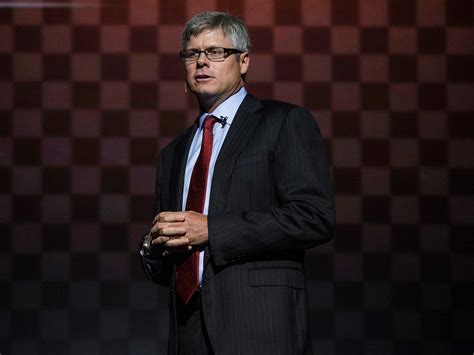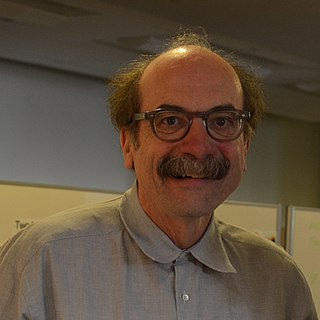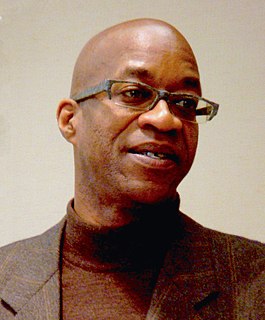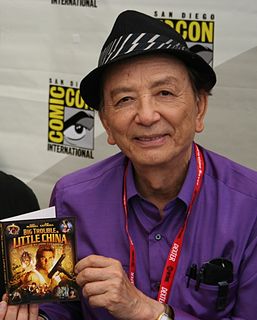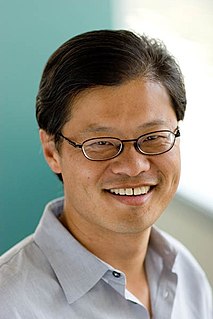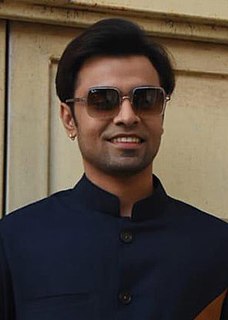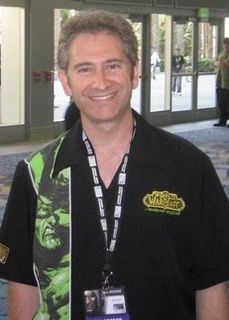A Quote by Steve Mollenkopf
I knew I wanted to be an engineer, but I didn't know what type of engineer. I chose electrical engineering primarily because it was the hardest one to get into. It's ridiculous when I think about it now, but it worked out OK.
Related Quotes
My very first records, I was very interested in how you get the particular quality you want out of it, and I began to learn about the engineering and aspects of production and things very early on. I got hands-on with the process and taught myself how to engineer, as opposed to just being a producer who asked the engineer to make it sound nice.
My dad wanted me to be a professional person, which I was - I was a civil engineer. I graduated from civil engineering at USC in California. I became an engineer, and I helped design the roads for the L.A. County Roads Department. And I did that for about one and a half years in a sense to please my parents - to be a 'respectable' person.
And so when I moved to IBM, I moved because I thought I could apply technology. I didn't actually have to do my engineer - I was an electrical engineer, but I could apply it. And that was when I changed. And when I got there, though, I have to say, at the time, I really never felt there was a constraint about being a woman. I really did not.
